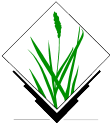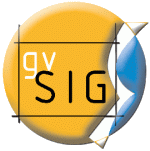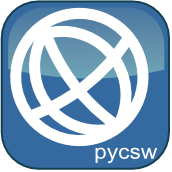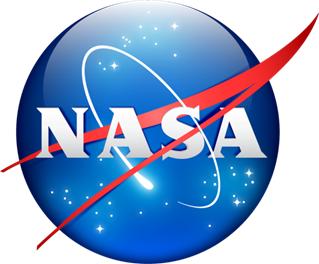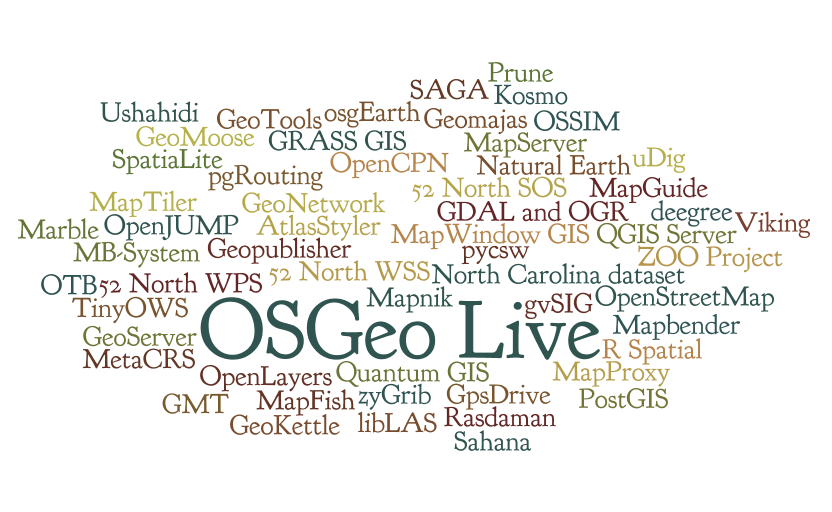Difference between revisions of "Google Summer of Code 2017 Ideas"
(removed pywps because not updated (2016)) |
(pywps page updated to 2017) |
||
| Line 85: | Line 85: | ||
* [https://sourceforge.net/p/istsos/wiki/GSoC_ideas_2017/ '''istSOS''' Ideas]: [http://sourceforge.net/projects/istsos/ istSOS] is a complete sensor data management system for acquiring, storing and dispatching time-series observations. istSOS is compliant with the Sensor Observation Service (SOS) version 1.0 and 2.0 standard from the Open Geospatial Consortium (OGC) and offers unique extended capabilities to support scientific data analyses (integrated quality assurance, RESTful API, on the fly processing with virtual procedures, remote data aggregation and time-space re-projection etc.). istSOS core libraries are written in Python while it easy to use interface is Web based. | * [https://sourceforge.net/p/istsos/wiki/GSoC_ideas_2017/ '''istSOS''' Ideas]: [http://sourceforge.net/projects/istsos/ istSOS] is a complete sensor data management system for acquiring, storing and dispatching time-series observations. istSOS is compliant with the Sensor Observation Service (SOS) version 1.0 and 2.0 standard from the Open Geospatial Consortium (OGC) and offers unique extended capabilities to support scientific data analyses (integrated quality assurance, RESTful API, on the fly processing with virtual procedures, remote data aggregation and time-space re-projection etc.). istSOS core libraries are written in Python while it easy to use interface is Web based. | ||
| − | + | ||
| − | * [https://github.com/geopython/pywps/wiki/GSoC- | + | [[Image:Pywps logo.png|80px|right]] |
| − | + | * [https://github.com/geopython/pywps/wiki/GSoC-2017-ideas '''PyWPS''' Ideas]: [http://pywps.org/ PyWPS] is an implementation of the Web Processing Service standard from the Open Geospatial Consortium. PyWPS is written in Python. PyWPS enables integration, publishing and execution of Python processes via the WPS standard. | |
| + | |||
<!-- | <!-- | ||
Revision as of 01:24, 7 February 2017
- Back to the main OSGeo Google Summer of Code 2017 wiki page.
OSGeo Google Summer of Code 2017
The Open Source Geospatial Foundation would like to extend a welcome to all SoC students. On this page you will find links to a host of ideas organized by project. You will find ideas ranging from the depths of computer science graph theory to the heights of visualization. One thing all these ideas have in common is lots and lots of spatial data.
These ideas are *only* to motivate you, and serve as example of the kind of hills we want to charge up. Your own ideas are more than welcomed - they are encouraged. We view you as the next wave of open source leaders and the future of the geospatial industry; show us what you've got!
- Students: check out the Google Summer of Code Recommendations for Students page. If you need more information on how to apply you can contact all the mentors via the OSGeo-SoC mailing list (see below) And look at GSoC Roles and Responsibilities to understand a successfull teamwork and interplay of project, mentors and students.
- There is a Google SoC flyer to look at and post in appropriate places.
- Ok, OSGeo is involved in working with maps and things, but what kind of projects does it really do? Have a look at the live blog feed to see what people are working on right now.
- Mentors, there's an additional link providing some tips and specifying your responsibilities on the main OSGeo Google_Summer_of_Code_2017_Administrative wiki page.
The ideas pages
[Check back often, it's a work in progress]
If you are an OSGeo project lead about to add your page, please contact the GSoC admin team to let them know of your ideas page, by sending an email to gsoc-admin@osgeo.org
Each participating project's list of ideas is on the respective projects' wikis, with a short description of the project and what type of students would be interested in it:
OSGeo Foundation member projects
More coming soon: Get started talking to your favorite project's development team today!
- GRASS GIS SoC Ideas: GRASS GIS is an open source GIS focusing on analysis, modeling and visualization. It is a collection of modules written in C and Python and has a GUI written in wxPython. If you know Python, or want to implement algorithms in C, take a look!
- QGIS SoC Ideas: QGIS is a user friendly Open Source Geographic Information System (GIS) that runs on Linux, Unix, Mac OSX, and Windows. QGIS supports vector, raster, and database formats. It is written in C++ and Python.
- gvSIG Ideas: gvSIG is a free GIS project for Desktop. The gvSIG project looks for students with Java or Python skills that want to develop new ideas on this software.
- pycsw Ideas: pycsw is an OGC CSW server implementation written in Python, and provides a metadata and catalogue component for spatial data infrastructures. The pycsw project is looking for students interested in Python and search, come join us!
- istSOS Ideas: istSOS is a complete sensor data management system for acquiring, storing and dispatching time-series observations. istSOS is compliant with the Sensor Observation Service (SOS) version 1.0 and 2.0 standard from the Open Geospatial Consortium (OGC) and offers unique extended capabilities to support scientific data analyses (integrated quality assurance, RESTful API, on the fly processing with virtual procedures, remote data aggregation and time-space re-projection etc.). istSOS core libraries are written in Python while it easy to use interface is Web based.
- PyWPS Ideas: PyWPS is an implementation of the Web Processing Service standard from the Open Geospatial Consortium. PyWPS is written in Python. PyWPS enables integration, publishing and execution of Python processes via the WPS standard.
Guest projects
Like-minded geospatial projects to take part under OSGeo umbrella. If you wish your software project to be listed here, please contact the GSoC admin team, by sending an email to gsoc-admin@osgeo.org
- pgRouting Ideas: pgRouting extends the PostGIS / PostgreSQL geospatial database to provide geospatial routing functionality and more.
- NASA-ESA Web World Wind Ideas: NASA-ESA Web World Wind is a 3D virtual globe API for HTML5 and JavaScript.
Don't see in the list the project you're interested in?
Contact them in their developers mailing list! Feel free to propose your own idea and get feedback!
I want to apply as a student
Before applying as a student, check out the Google Summer of Code Recommendations for Students page.
Which project do I choose?
Most of the software projects are available pre-built on our Live demo { DVD | USB stick | VirtualMachine } with project overviews and short tutorials where you can try everything out.
- View the documents and download the ISO from http://live.osgeo.org
Important dates
- Feb 27: Google announces accepted organizations.
- Please start talking to the dev communities you are interested in now.
- March 20: Student applications open.
- The earlier you start the more probable it is that you will be accepted!
- There is two way feedback during the application process which really helps you improve and clarify your application before the final deadline. The better your involvement with your potential mentors during this period, the better your chances of being selected.
- April 3: Student application deadline.
- May 4: Accepted student proposals are announced and Community Bonding Period begins.
- May 30: Coding begins!
- (you may unofficially start a week or two earlier if you know you'll have to take a week or two off during The Summer or you'll be sitting finals in the first week(s) of the program. This must be reflected in your application timeline)
- June 26 - 30: Phase 1 evaluation
- July 28: Phase 2 evaluation
- August 21-29: Pencils down!
- August 29 - September 5: Final evaluations
- September 6: Final results announced
[Back to Google Summer of Code 2017 @ OSGeo]

